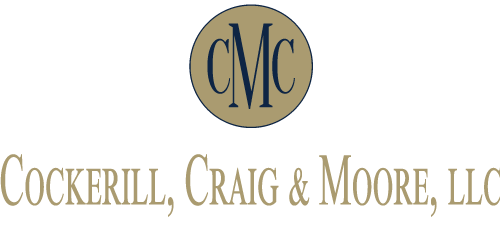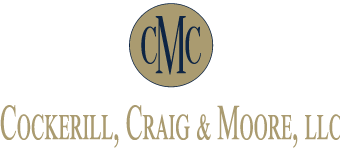LESSON THREE : DO YOUR INVESTIGATORS REALIZE THAT THEIR TESTIMONY STARTS WITH THE FIRST ENTRY THAT THEY MAKE IN THEIR INVESTIGATION FILE
LESSON THREE : DO YOUR INVESTIGATORS REALIZE THAT THEIR TESTIMONY STARTS WITH THE FIRST ENTRY, HANDWRITTEN OR ELECTRONIC, THAT THEY MAKE IN THEIR INVESTIGATION FILE OR EXCHANGE BY E-MAIL OR OTHER ELECTRONIC MESSAGE?

Courtroom testimony begins long before the trial begins, often long before the complaint is filed. When your investigators first make an entry in their investigative reports or send their first e-mail or instant message their courtroom testimony begins. Everything put into the file, or left out, has the potential of becoming an important element in their courtroom testimony. How to write your reports and what to put in them is itself a separate area of instruction often unique to each insurance carrier, I can only emphasize the importance of clarity and completeness in investigator’s reports. We hold the subjects we investigate and litigate against to a standard that “if it isn’t in the record it didn’t happen” when we accuse them of billing for services not rendered and you can’t expect to be held to a lower standard in your reports and your testimony. If it isn’t documented in your reports don’t expect to testify to it unchallenged. Going out on a limb for a relatively unimportant fact can end up destroying the merit of the rest of your testimony. You must also be sensitive to an area quickly developing in other fields of litigation, electronic discovery. Not only all of the paper in your files may be discoverable but also all of the e-mails ever sent, whether deleted or not, particularly comments on subjects, witnesses, and documentation. Where do the attorneys get the knowledge they use to cross-examine your investigators? Their clients, other witnesses, discovery exchanged between the parties, and independent investigation and research are often areas where this information comes from but by far the resource for the most devastating cross-examination comes from the witness’s own reports. Broad generalizations, assumptions, and errors provide the mother lode of impeachment material. Know the facts of the case and stick to what appears in your reports. In the next lessons, I’ll address the challenge of direct examination and what makes a “good witness” good. LESSON TWO LESSON ONE
Contact CockerillCraigMoore Law
At CockerillCraigMoore Law, all of our lawyers have decades of courtroom experience. Three of our partners are certified as NJ Civil Litigation Attorneys by the New Jersey Supreme Court, and two are fellows of the American College of Trial Lawyers. To learn more about the services we provide to insurance carriers, contact our office online or call us at 856-795-2220 for an appointment.


